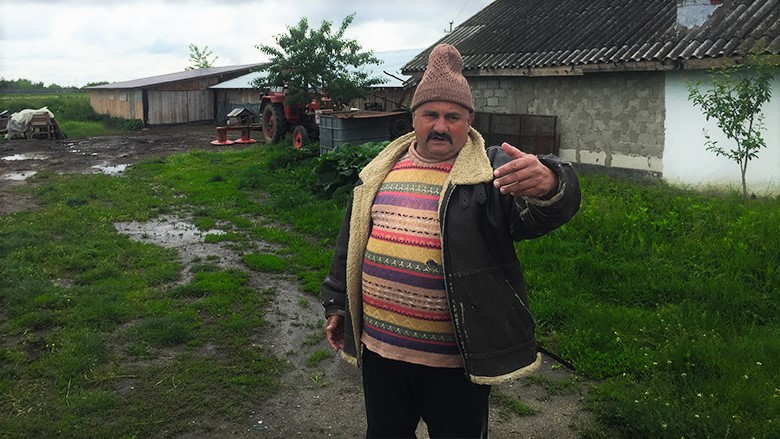Romania has made great economic and social strides over the last several decades. This progress has helped boost livelihoods throughout the country – which now counts itself among the 28 member states of the European Union (EU).
As part of its path towards accession into the EU, Romania adopted a number of regulations and agreements, including those in the environmental chapter of the Acquis Communautaire and the EU Nitrates Directive – designed to ‘protect water quality across Europe by preventing nitrates from agricultural sources polluting ground and surface waters and by promoting the use of good farming practices.’
In Romania, this process starts with farmers. The country’s agriculture sector is dominated by small farms – the vast majority of which do not have proper controls to help lower nitrate emissions from manure and other waste containing high amounts of nitrates. The combination of a large number of farms and poor livestock management, coupled with underdeveloped sanitation, creates both health and environmental conditions, impacting the well-being of people across the country.
However, under the World Bank-supported Integrated Nutrient Pollution Control Project, rural communities around the country are being equipped with new tractors, bins, and other essential tools needed to improve livestock manure management and prevent nitrates and other dangerous minerals from contaminating Romania’s soil and water supplies.
“Prior to the manure platforms, farmers were taking manure directly to the fields,” says Georgian Aricisteanu, a Water Management official for the Targsoru Vechi Commune.
“That was very harmful for underground water, since all the nitrates were leaking into the ground, making it very harmful for the drinking water” Aricisteanu says.
Approximately 30,000 small farms in about 100 communes will benefit from the pollution control project, in terms of support in manure collection and composting facilities, manure management, biogas production from animal waste, and/or sewage and wastewater treatment.

